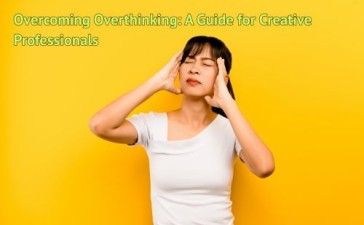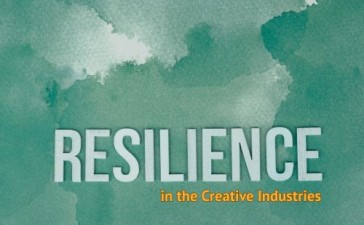In both personal and professional realms, making excuses is a common yet often detrimental habit that affects individuals’ ability to achieve goals and fulfill commitments. As coaches and mentors, we encounter various types of excuses, each revealing deeper insights into behavior and mindset. Here, we explore the different forms excuses take and their implications for personal and professional development.
Types of Excuses
- Project Completion Excuses: These excuses often arise when faced with the challenge of completing a project. Reasons range from lack of time or resources to unforeseen obstacles that hinder progress.
- Deadline Excuses: Excuses related to deadlines typically involve blaming external factors or underestimating the time required to complete tasks.
- Covering the Real Truth: Sometimes, excuses serve to mask underlying issues such as fear of failure, lack of confidence, or unwillingness to take responsibility.
Understanding the Root Causes
Excuses stem from various psychological factors, including insecurity, fear of judgment, and a desire to avoid discomfort. They often reflect a reluctance to confront challenges head-on or a preference for maintaining comfort zones.
The Impact of Excuses
While excuses may provide temporary relief or justification, they ultimately hinder personal growth and achievement. They create barriers to success by perpetuating a cycle of avoidance and undermining accountability.
Overcoming Excuses
As coaches, our role is to challenge these excuses and help individuals develop a proactive mindset. Strategies include:
- Setting Clear Goals: Establishing clear, achievable goals helps mitigate excuses related to ambiguity or overwhelm.
- Building Confidence: Encouraging self-belief and fostering resilience empowers individuals to confront challenges without resorting to excuses.
- Promoting Accountability: Holding oneself accountable and maintaining transparency in commitments fosters a culture of responsibility and reliability.
Moving Forward with Purpose
Recognizing and addressing excuses is a crucial step toward personal and professional development. By acknowledging underlying fears or insecurities, individuals can adopt a growth-oriented mindset and proactively pursue their aspirations.
Conclusion
In conclusion, while making excuses is a natural human tendency, it’s essential to recognize their detrimental effects on personal growth and achievement. By cultivating self-awareness, fostering accountability, and embracing challenges, individuals can transcend excuses and realize their full potential
- Find out more
- Launch Pad + Accelerator Expressions of Interest
- Selling and Licensing Your Art & Designs Around the World with ArtSHINE.
- Looking for exciting new Art and Designs to license.
We’re here to help you to take action, just like we’ve helped thousands of other entrepreneurs, business owners, and creative professionals all around the globe.
Now is the time to let your passion SHINE.
Now is the time to Make Tomorrow Today!
To your success, Vinh Van Lam and Stuart Horrex Cofounders ArtSHINE.com





